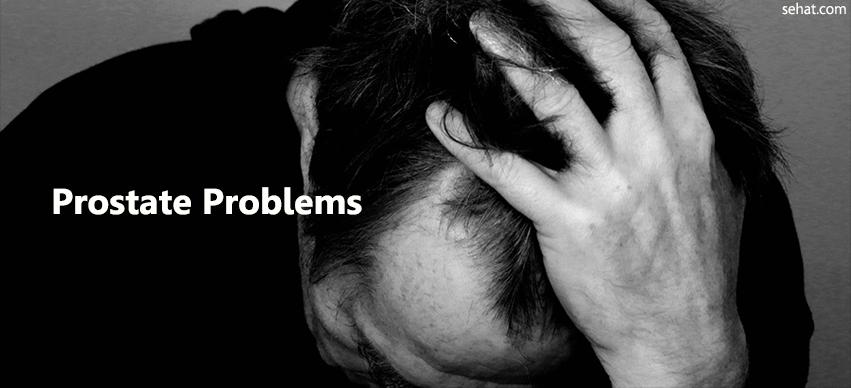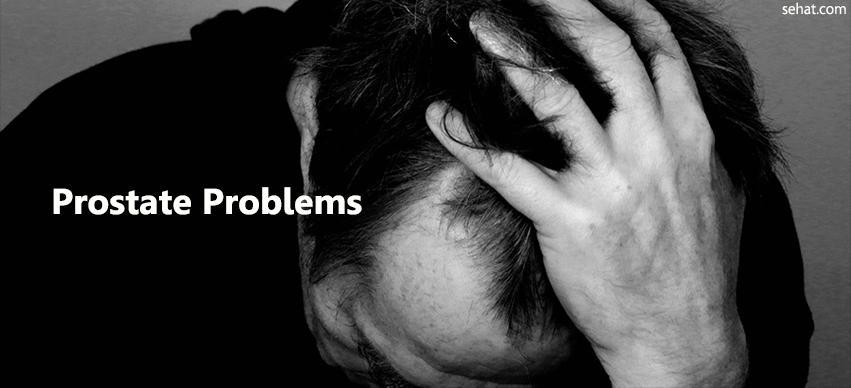Do You Know Gut Problems Could Be Early Signs Of Parkinson�..
4 Min Read


Surely, you must have heard of the tiny little organ that lies immediately below the bladder and forms a part of the male reproductive system. No? that is quite understandable as it is an inconspicuous little organ but which plays a very important role in the life of a man. And, you should definitely learn all about it and understand the very vital role it plays in the male reproductive system.
The prostate is a walnut-sized gland that is located between the bladder and the penis and forms a part of the male reproductive system. Its main function is to produce a fluid which protects and enriches the sperm. The doughnut shaped organ surrounds the beginning of the urethra - urethra is the tube through which urine passes from the bladder to the penis. The nerves responsible for controlling erections of the penis are to be found around the prostate.
One of the important functions of the prostate gland is to control the flow of urine. During the course of sexual activity, the seminal vesicles that are attached to the prostate produce a protein that mixes with prostatic fluid and forms semen. The tubes from the testicles carry sperm to the prostate where the sperm is mixed with prostatic fluids. During orgasm this fluid is ejaculated through the ejaculatory ducts that are connected to the urethra. When ejaculation takes place, the muscular sphincter at the base of the bladder, tightens and closes to prevent the urine from passing down the urethra.
Most men experience some type of prostate-related problem some time during their life time. The prostate continues to grow throughout life, but it grows slowly after the age of twenty five. Men, over the age of 45, may experience an enlargement of the prostate. Enlargement of the prostate gland is a part of the normal ageing process. While that is not a serious problem, it can lead to more serious problems.
There are four main prostate-related diseases and all of them mostly have similar symptoms.
This is a very common disorder that is associated with ageing. About 35% of men over the age of 50 have symptoms of prostate enlargement. We have seen that urine flows out normally through the urethra when a man urinates, but when the prostate is enlarged, it puts pressure on the urethra and makes it difficult for a person to empty the bladder.
One of the simplest treatment for prostate enlargement is to reduce the intake of fluids before going to bed.
Medicines such as alpha blockers are used to help relax the prostate gland muscles, reduce its size, and make it easier to urinate.
In severe cases where medicines fail to respond, the inner portion of the prostate gland that blocks the urethra is surgically removed.
Prostatitis is a condition where the prostate gland becomes red and swollen. Inflammation, usually, occurs as a result of infection - but in most cases no evidence of infection is found. This can affect men of any age, but it is normally found in the age range of 30-50 years.
Prostatitis is treated using a combination of painkillers and a medication called alpha-blocker which gives relief from pain.
Prostate cancer is the only one amongst all the disorders that is potentially life-threatening and the tragedy of this disease is that many develop prostate cancer without developing any symptoms. Many men around the world are affected by this cancer, and many discover this when it is too late.
Prostate cancer occurs when a few cells of the prostate reproduce more rapidly than in the normal prostate causing a swelling or tumor. Prostate cancer cells break out of the prostate gland and invade various parts of the body, especially the bones and lymph nodes. They, then, produce secondary tumors by a process known as metastasis. But, when the cancer escapes from the prostate, treatment is possible, but it is impossible to cure.
In youngsters, the cancer is more aggressive and, therefore, more life-threatening in a shorter time. Early diagnosis is extremely essential for a cure.
Prostate cancer and prostate enlargement have the same symptoms:
If diagnosed and treated early, prostate cancer can be cured. The following treatments are available:
This condition is quite common in older men and, fortunately, this is only a benign condition and not prostate cancer. It causes enlargement of the prostate which results in difficulty of urination. This is not a life-threatening problem and can be cured.
The treatment calls for prescription of antibiotics. In more serious cases, surgery is done to widen the urethral passage. This is known as trans urethral resection of the prostate (TURP).
The prostate is quite an insignificant organ, but it plays a major role in a man's life. Therefore, if you find that you have any of the symptoms mentioned above, consult a doctor immediately.
Don't neglect. Go see a Urologist. Now!